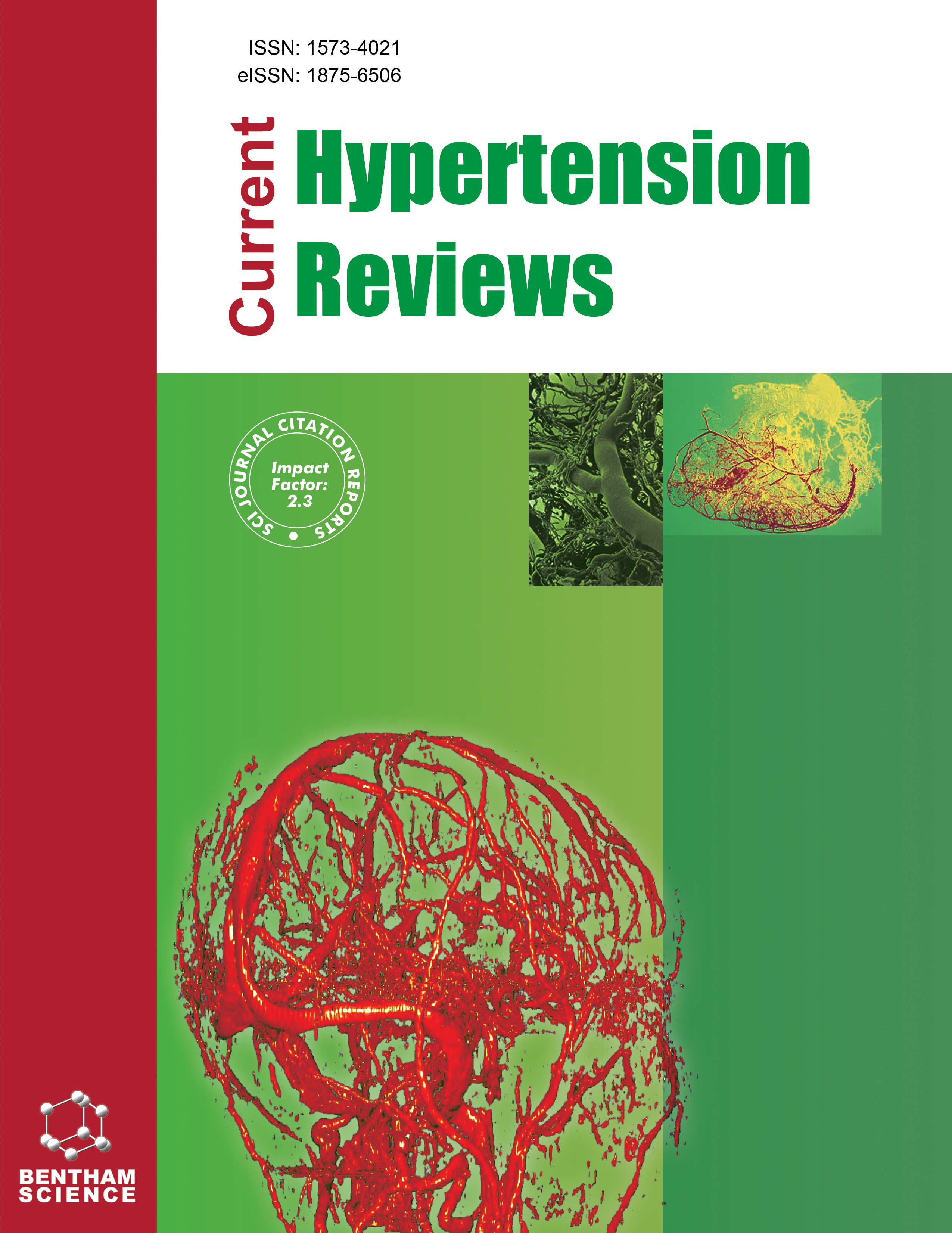-
s Are Reactive Oxygen Species Important Mediators of Vascular Dysfunction?
- Source: Current Hypertension Reviews, Volume 16, Issue 3, Dec 2020, p. 163 - 165
-
- 01 Dec 2020
Abstract
Reactive Oxygen Species (ROS) are reactive derivatives of oxygen metabolism. The ROS generation can be mediated by distinctive enzymatic systems including NADPH oxidases. The components of this enzyme are expressed in endothelial and vascular smooth muscle cells, adventitial fibroblasts, and infiltrating monocytes/macrophages. Oxidative stress is a molecular dysregulation in ROS generation/elimination, which plays a key role in the development of vascular dysfunction in distinctive conditions including hypertension. It is characterized by vascular inflammation, a loss of NO bioavailability and endothelial dysfunction. Considering that oxidative stress is a key mediator of vascular dysfunction, antioxidant therapy with classic antioxidants seemed to be a promising alternative for the treatment of vascular diseases. In this sense, some commonly used drugs for the treatment of cardiovascular diseases such as Angiotensin Converting Enzyme (ACE) inhibitors or angiotensin receptor AT1 antagonists showed antioxidant effects that might have contributed, at least in part, to the beneficial effects of these drugs on the treatment of cardiovascular diseases. The effectiveness of these drugs shows that ROS are in fact important mediators of vascular dysfunction and that angiotensin II plays a critical role in such response.


